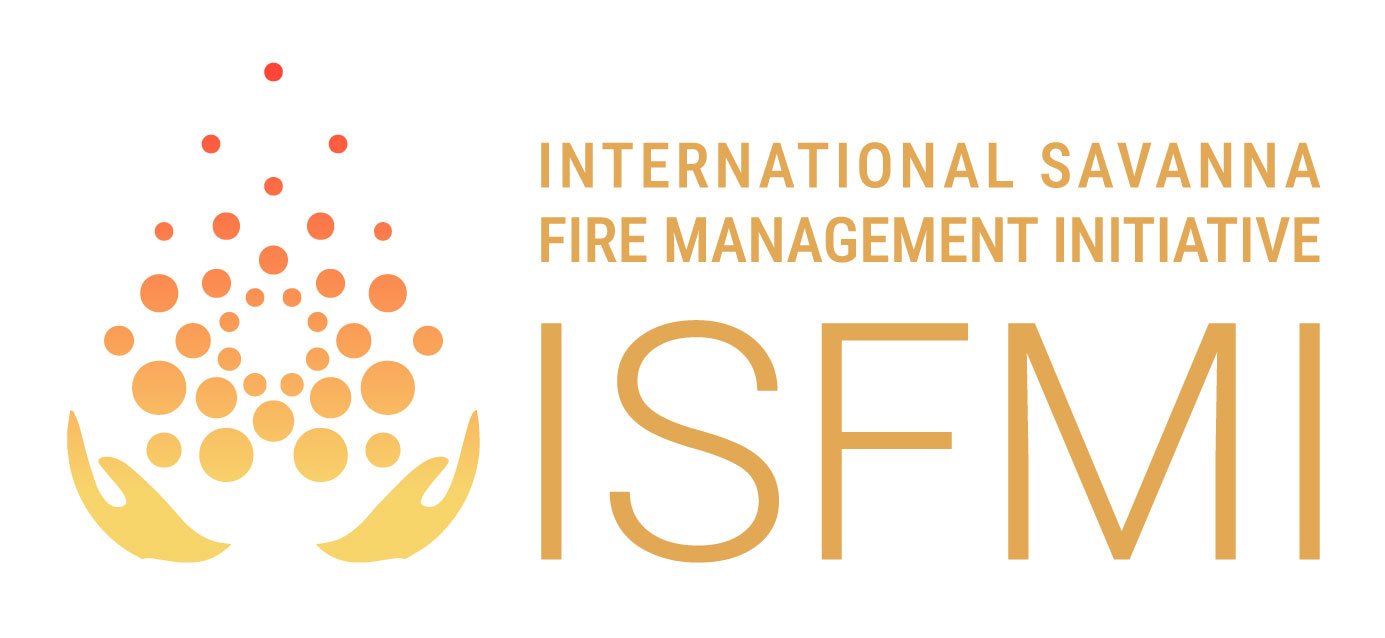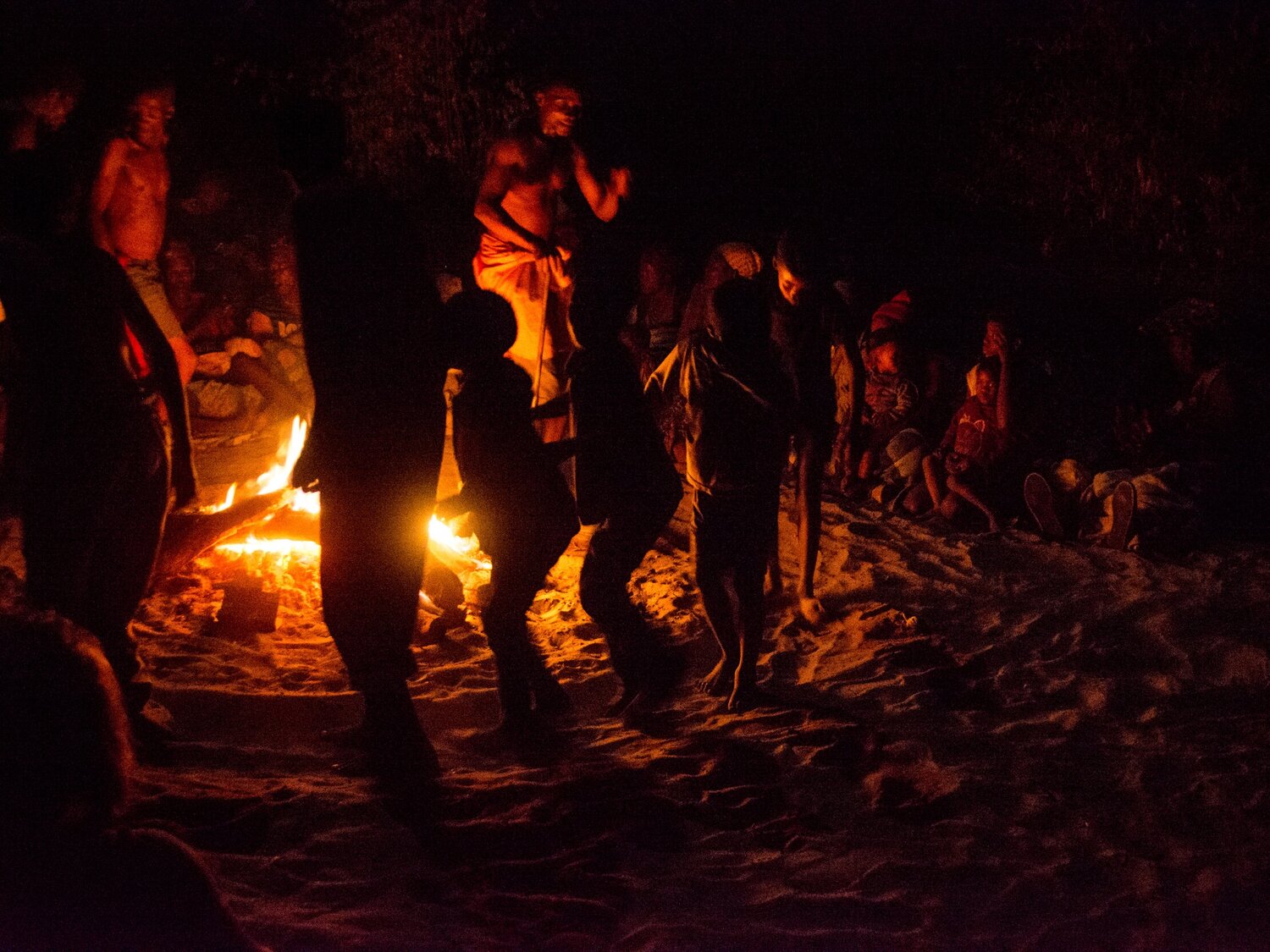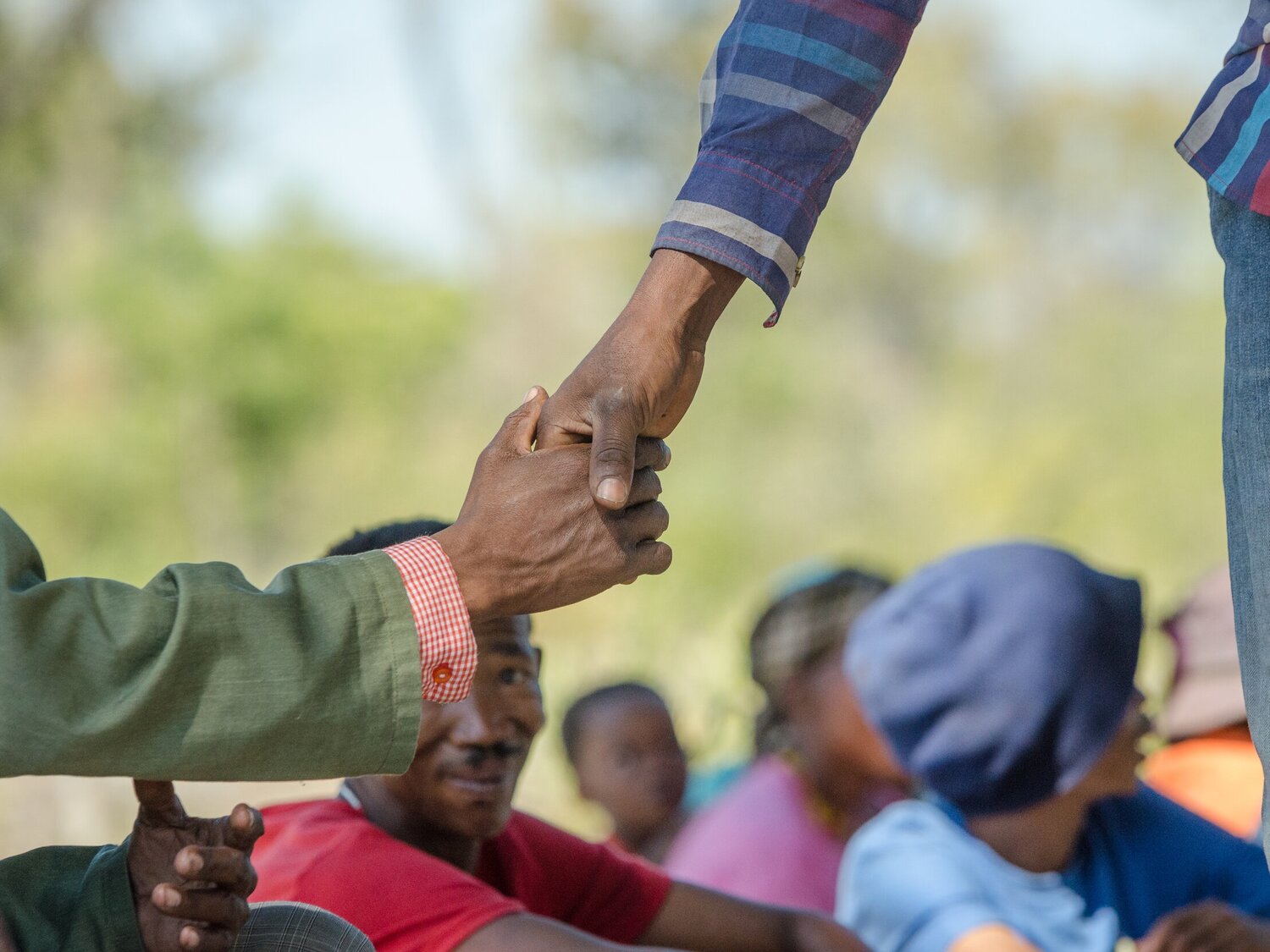Our story
“There is an urgent need for a practical, scaleable solution for fire prone landscapes around the globe.
Our approach combines Indigenous knowledge with modern science and satellite data.”
Listen to ISFMI Advisory Committee member, Cissy Gore-Birch, introduce Indigenous Fire Management and the work of the ISFMI.
Responding to a global crisis
In the summer of 2019, the attention of the global community focused on the devastating fires in the Amazon. Such fires are a part of a global trend towards an increase in intense and often deliberately lit wildfires.
Not all fires are the same, however. Some ecosystems, such as savanna, burn regularly as part of their natural regenerative cycle. In these landscapes, what determines whether the fire is good or destructive fires are factors including fire intensity, frequency, and area burned.
Intense wildfires come at a significant price for ecosystems, biodiversity, human health, livelihoods and economies. Climate change will increase the severity, incidence and intensity of wildfires in many regions. Never before has there been such an urgent need for more effective fire management worldwide.
The ISFMI is addressing this crisis by working towards revitalising Indigenous fire management - fire management techniques that have been used by Indigenous peoples, over millennia, to manage vast tracts of land around the world.
A World on Fire, Satellite image of August 26 2018. Image courtesy NASA EOSDIS Worldview.
Our history
Indigenous fire management has been proven to benefit communities, the climate and biodiversity.
The ISFMI is founded on the success of Indigenous Fire Management in Australia. The first phase of the Initiative established global feasibility, and we are now undertaking proof of concept activities towards a global scale up.
Drawing from Australian experience
Combining traditional fire management practices with innovative scientific methodologies and a system of verification has led to valuable economic, social and cultural benefits for remote Indigenous communities in northern Australia.
The success of the Australian experience inspired the ISFMI. The vision is to support Indigenous communities around the world to reignite their own fire management traditions.
To establish global feasibility
In its first phase, the ISFMI demonstrated the global feasibility of Indigenous Fire Management.
Research demonstrated the shared histories of Indigenous fire management among Indigenous communities around the world. It identified the scientific method developed in northern Australia could be adapted for savanna and tropical dry forests of the world. The findings found that revitalising Indigenous Fire Management practices will benefit people, nature, climate and economies.
Demonstrating proof of concept
Pilot projects in Southern Africa, the Asia-Pacific and Mesoamerica are testing the reintroduction of Indigenous Fire Management in real world conditions.
Learn more about where we work.
Towards a global scale up
Our goal is to empower Indigenous communities around the world to revitalise their fire management practices, for the benefit of communities, biodiversity, and global goals for climate action.
Explore the resources on the website to learn more about the global potential of Indigenous Fire Management and our plans to support Indigenous communities realise it.






